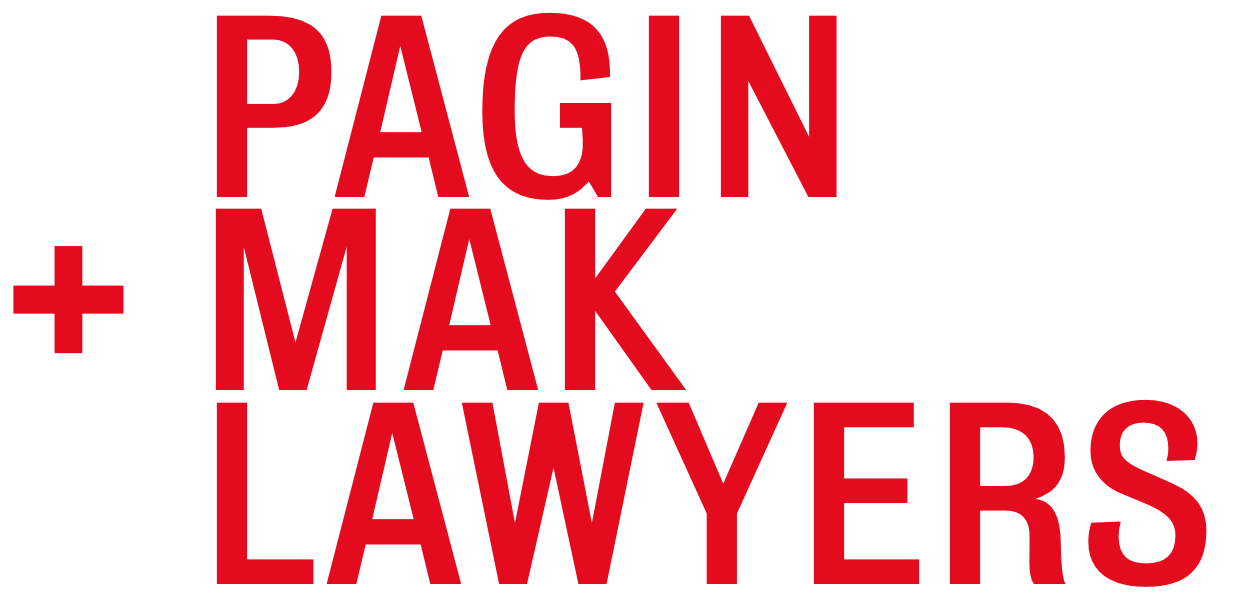Cardinal Pell: To appeal or not to appeal?
Appealing a matter to a higher court requires a thorough understanding of the law and facts of the case. It is not a simple exercise and the statistics show that an appellant in a criminal matter has no better than a one in three chance of having his or her conviction overturned and a one in two chance of having his or her sentence reduced on appeal.[1] The recent appeal of Cardinal George Pell to the Victorian Supreme Court of Appeal to have his conviction quashed illustrates the difficulties in succeeding.
On 11 December 2018, after a trial that lasted some 5 weeks and almost 5 days of jury deliberation, Cardinal Pell was convicted by a jury of five charges relating to sexual offending by him against two young boys in 1996 and 1997 in St Patrick’s Cathedral, East Melbourne. The Judge in the trial sentenced Cardinal Pell to a total effective sentence of 6 years’ imprisonment, with a non-parole period of 3 years and 8 months.[2]
Cardinal Pell sought leave to appeal his conviction for three reasons, the primary one being that the guilty verdicts were unreasonable and could not be supported by the evidence, whilst the other two concerned aspects of the conduct of the trial.[3] The Court was thereby tasked with reviewing the evidence as it was presented to the jury and to ask itself – on the factual material – was it reasonably open to the jury to convict the accused?[4]
This is not a simple hurdle to overcome as it is not enough that one or more jurors ‘might have had a doubt’ but, rather, whether or not the jury must have had a doubt.[5] It must be remembered that a judge’s responsibility in a jury trial is to ensure the trial runs according to law. It is not their role to decide what occurred.
Ultimately, two of the three judges came to the view that, based on the evidence, it was open to the jury to be satisfied, beyond reasonable doubt, that Cardinal Pell was guilty of the offences charged and dismissed the appeal. The third judge dissented and said that the appeal ought to be allowed and the convictions set aside on the basis that it was not open to jury to have convicted based on the evidence before it.
The process for appealing to the High Court first requires an application be made for what is known as ‘special leave’ (ie permission to appeal). Given that the High Court is comprised of only 7 judges, their workload is enormous. Therefore, cases have to be carefully selected on the basis of their public importance, the points of law they raise and whether a decision on the matter would help to clarify an area of law that has been causing confusion.
A decision on whether to grant special leave is frequently made ‘on the papers’ without an oral hearing after the written submissions of the parties have been considered. If an oral hearing is deemed appropriate, it can occasionally occur via audio-visual link. The success rate is not high, being approximately 10%.[6] There are no hard or fast rules for the grant of special leave, however, many successful cases exhibit some, or all, of the following attributes:
1. There is a constitutional or federal law question, perhaps one that has not previously been noticed.
2. The case would have widespread application (i.e. there is wider public importance).
3. There is a diversity of opinions in the intermediate appellate courts on the issue.
4. The point raised in the application is an interesting one, from the perspective of legal doctrine or history.
5. There is evidence of potential injustice or disharmony (i.e. the result is counter-intuitive).
6. The point or points in question are short and clear, rather than overly complex, obscure or arcane.
7. One, or more, of the judges in the court or tribunal below dissented from the majority.
8. There is a significant amount at stake. This may be a monetary figure or because a certain finding would cause great change (perhaps to an industry or to a profession).[7]
At this stage, it is anyone’s guess as to whether Cardinal Pell would be granted special leave to appeal should he seek it. The decision will be less scientific and, rather, more instinctive. However, the matter does tick some of the boxes the Court will be looking for before it opens the gate to the next checkpoint.
Appealing a sentence to a higher court is no easy feat. It will require a team with sound legal knowledge, experience and the drive to get you there. Should you be considering appealing a decision, get into contact with the team at Pagin + Mak Lawyers for your free consultation.
Disclaimer:
The information above is intended as general information only and should not be relied on. You should discuss your individual situation with a lawyer.
[1] District Court of New South Wales Statistics December 2017.
[2] DPP v Pell (Sentence) [2019] VCC 260 (13 March 2019).
[3] Pell v The Queen [2019] VSCA 186 (21 August 2019) at [5].
[4] Pell v The Queen [2019] VSCA 186 (21 August 2019) at [13].
[5] Pell v The Queen [2019] VSCA 186 (21 August 2019) at [14].
[6] High Court of Australia, 2015-16 Annual Report.
[7] Justice Michael Kirby, Maximising Special Leave Performance in the High Court of Australia, 2007 UNSWLJ 731.
